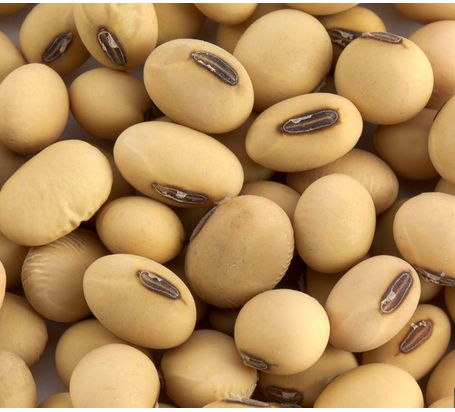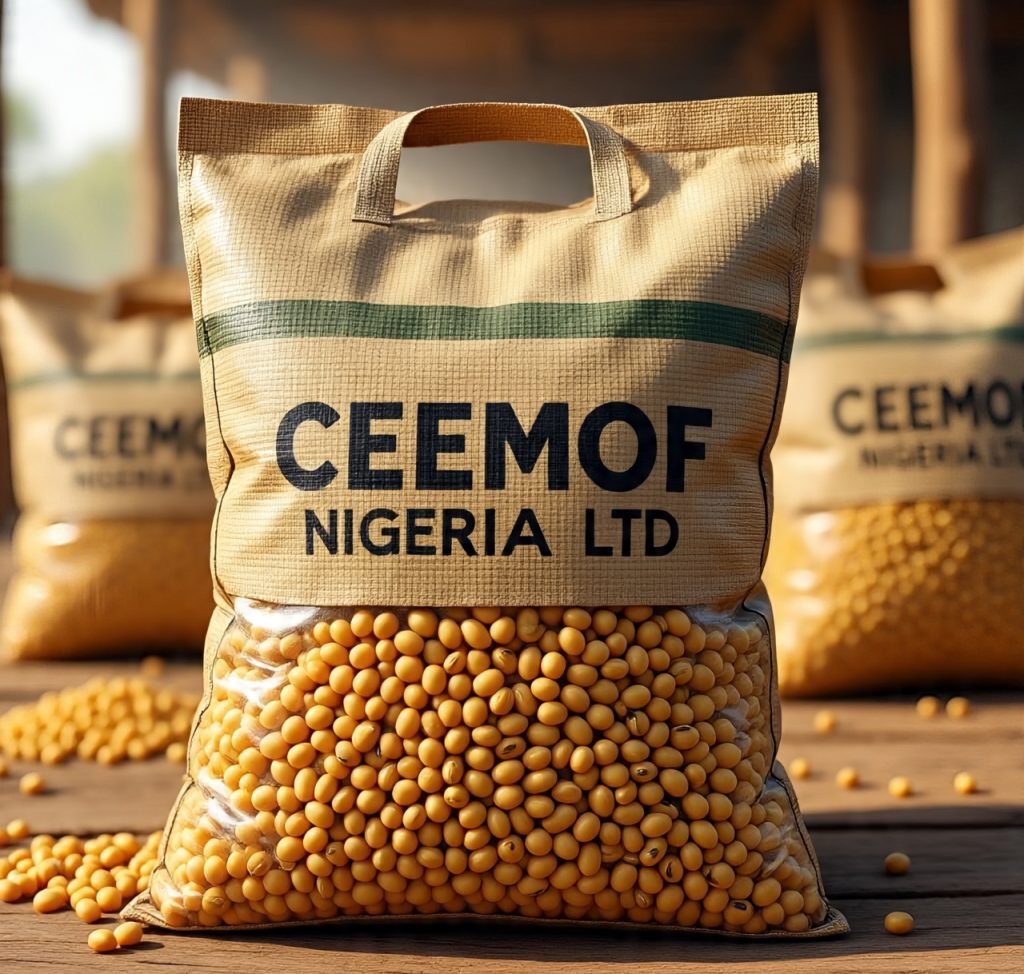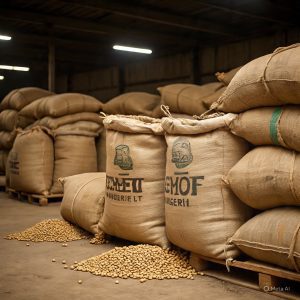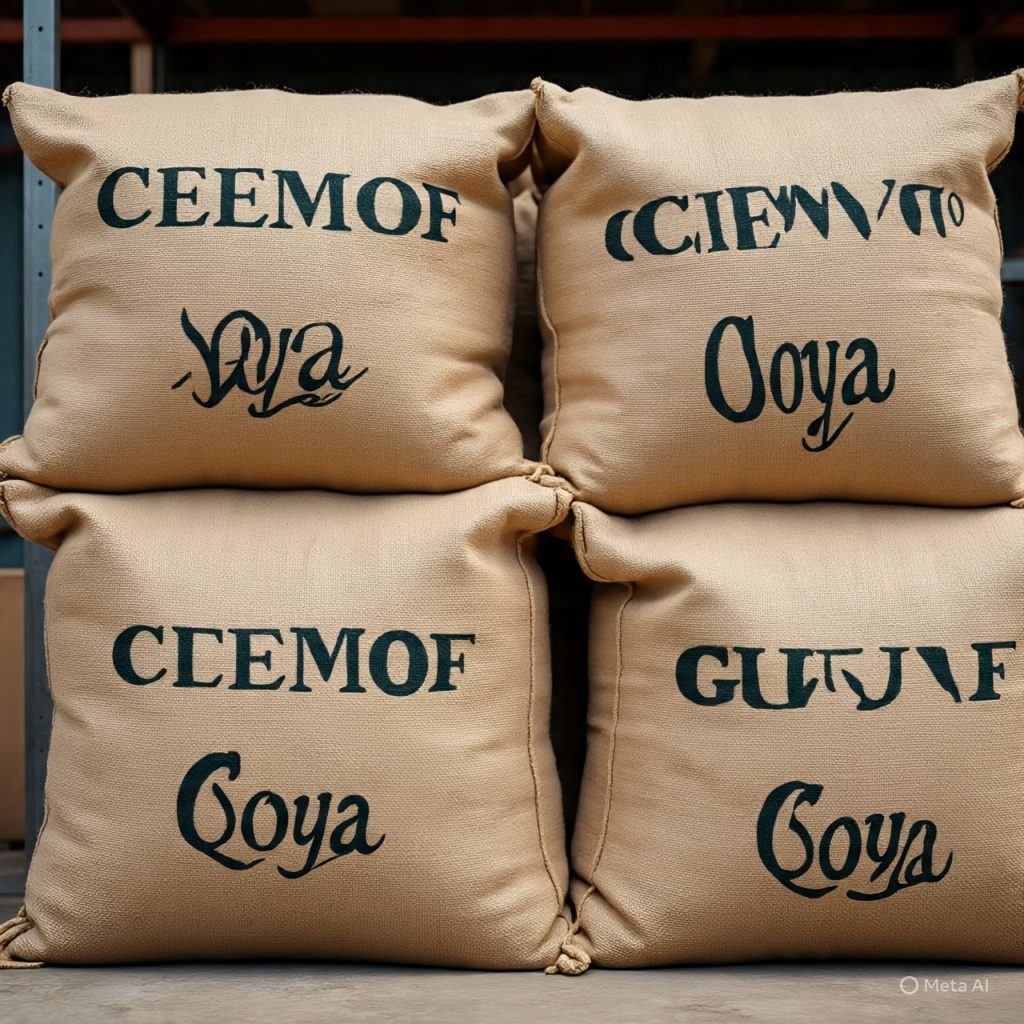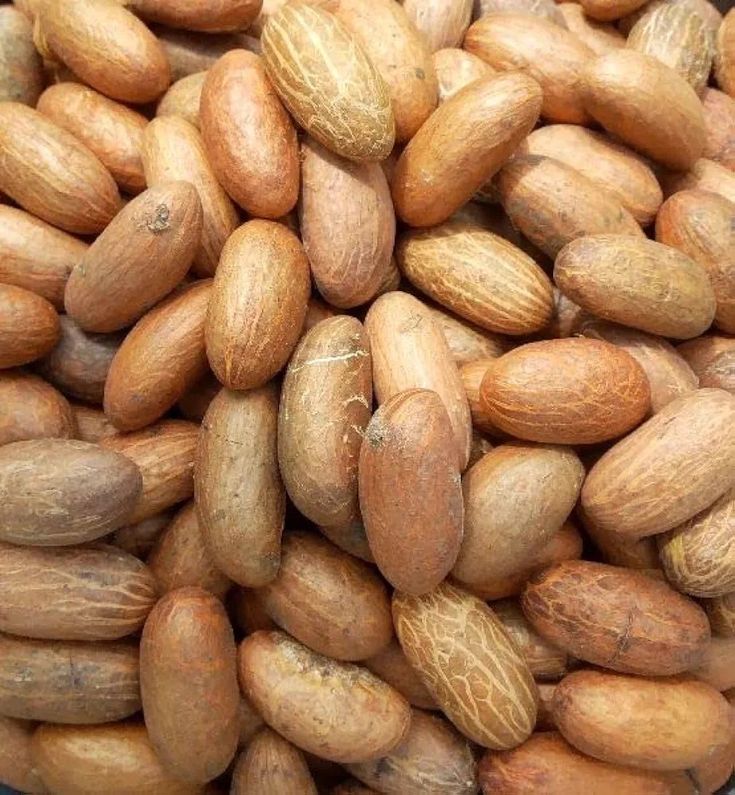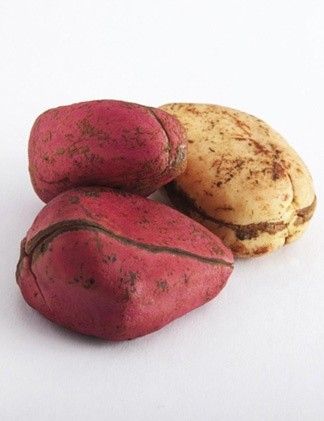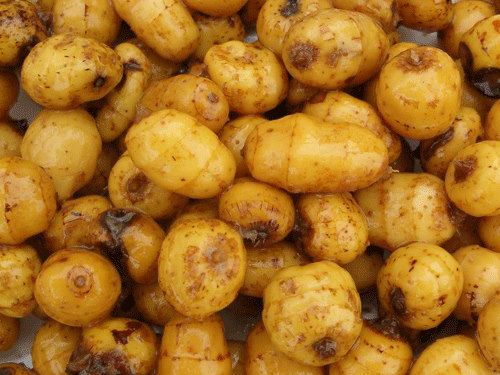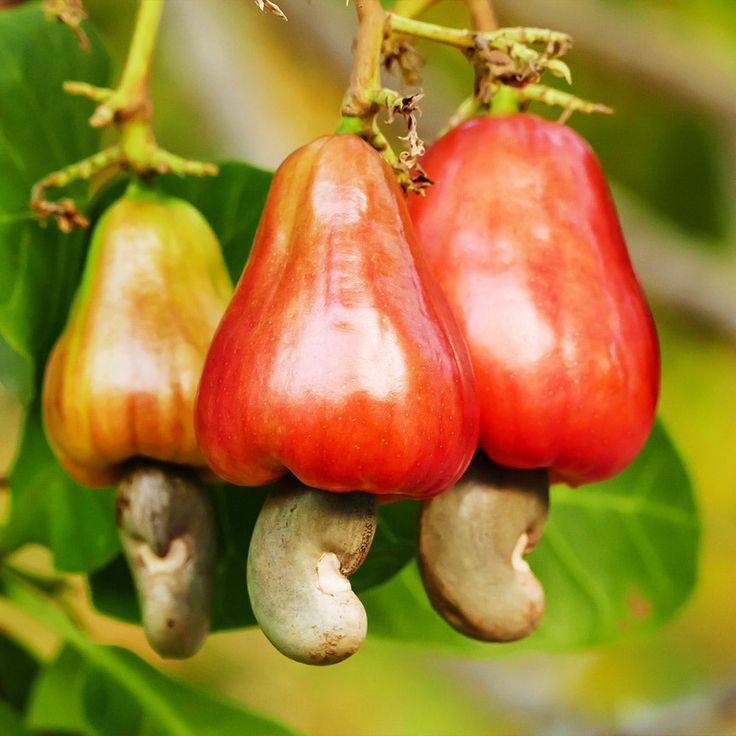What It Is
Soya Beans, scientifically known as Glycine max, are among the most important oilseeds and protein-rich crops cultivated worldwide. They are highly valued for their versatile use in food, beverages, animal feed, and industrial products. Nigeria stands as one of Africa’s leading producers of soya beans, supplying both domestic markets and international buyers.
Export of Soya Beans
The export of soya beans has gained significant traction in recent years due to its wide applications in human nutrition and livestock feed production. Nigerian soya beans are well-regarded for their high protein content, oil quality, and competitive global pricing, making them attractive in international markets such as Europe, Asia, and the Middle East.
Exporters often ship soya beans either in raw form (whole seeds) or as processed products like soya meal, soya oil, and soya protein isolates. This flexibility adds to its growing demand globally.
Uses of Soya Beans
-
Food Industry: Used in making soya milk, tofu, soy protein powder, soy flour, soy sauce, and meat substitutes.
-
Oil Production: Extracted soya oil is used for cooking, margarine, and industrial purposes.
-
Animal Feed: Soya meal is a key ingredient in livestock and poultry feeds.
-
Pharmaceuticals & Cosmetics: Utilized in health supplements, body lotions, and skincare products due to its rich protein and oil composition.
-
Industrial Applications: Used in biodiesel production, printing inks, and biodegradable plastics.
Export Specifications
-
Moisture Content: Maximum 12%
-
Impurities: 2% max
-
Protein Content: 35% – 40%
-
Oil Content: 18% – 20%
-
Free Fatty Acid (FFA): ≤ 2%
-
Admixture: ≤ 2%
-
Form: Whole or split beans
-
Packaging: 25kg, 50kg, or 100kg polypropylene bags
-
Shelf Life: 12 months under proper storage conditions
Export Form
-
Whole Soya Beans (raw, dried)
-
Crushed/Processed Soya Meal
-
Soya Oil (refined or crude)
-
Protein Isolates
UK & International Market Demand
The demand for soya beans continues to rise in the UK and other parts of the world due to the increasing shift towards plant-based diets and protein-rich alternatives. In addition, livestock feed production drives steady demand from agricultural industries. Nigeria’s strategic advantage lies in its production capacity and ability to meet export-grade specifications, making it a reliable source for international buyers.

